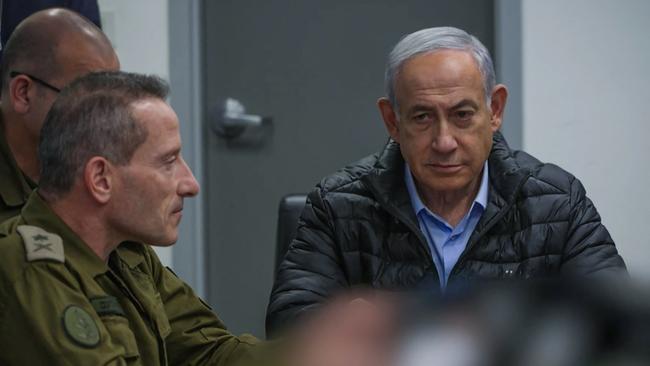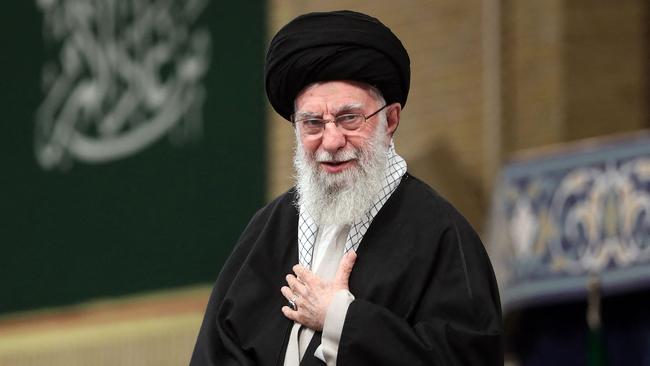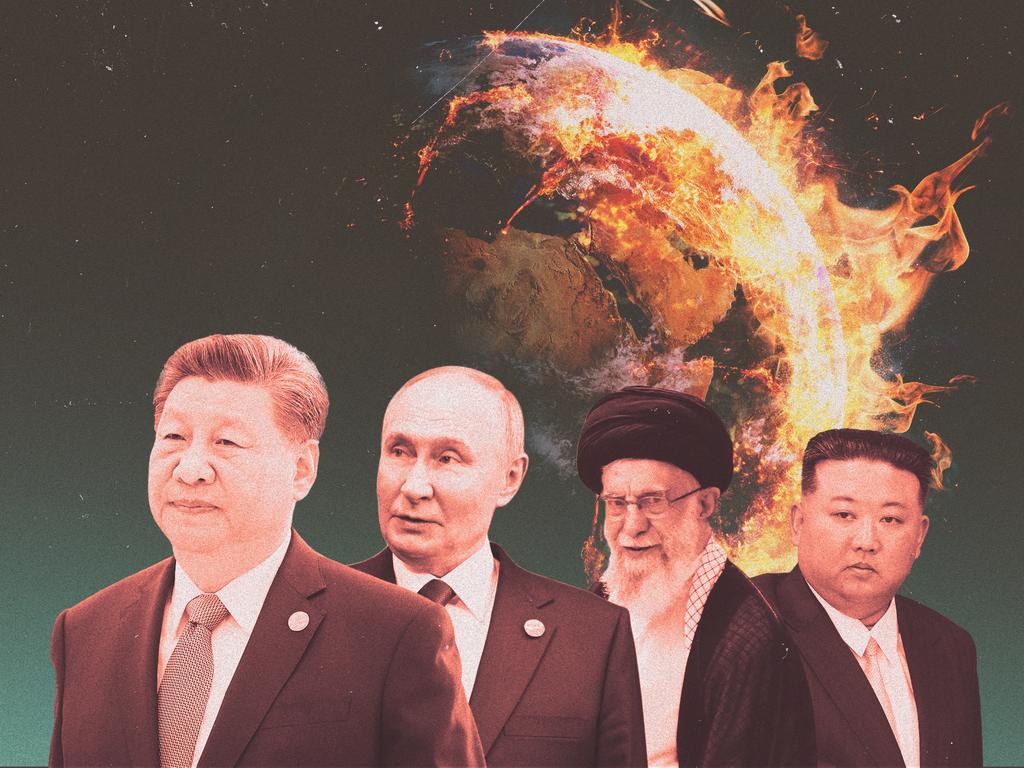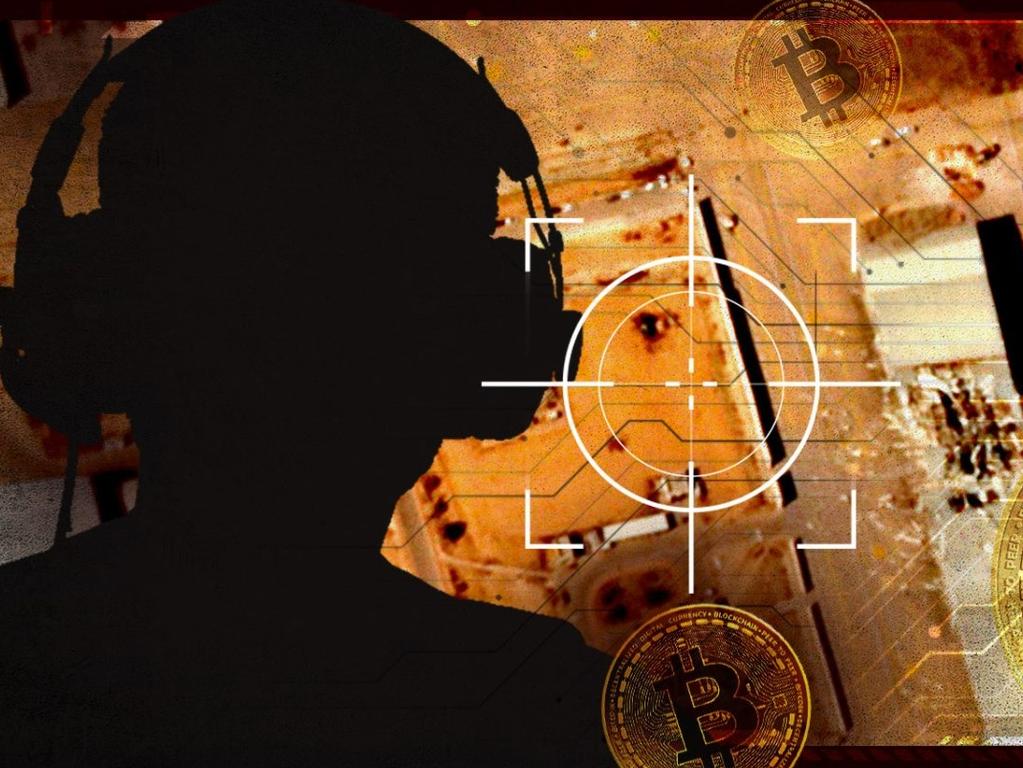Israel has laid the ground to stop Iran if it tries and hits back against this restricted strike


The attacks on up to 20 Iranian military sites were designed to anger but not humiliate Iran so that the ego of its Islamic leadership would not feel publicly compelled to respond with another tit-for-tat attack on Israel.
So far, Israel appears to have got its calculation correct, with no fire-and-brimstone edicts from Iran’s leaders that would lock them into a third retaliatory strike against Israel this year.
As such, we are likely to see a rare moment of peace between Israel and Iran as far as direct confrontations go because it suits both countries not to escalate it.
Iran’s ability to project terror has been gravely weakened by Israel’s devastating attacks on the leadership and the missile stocks of its proxy in Lebanon, Hezbollah. Iran’s fellow terrorist friend Hamas has been reduced to a smoking ruin in Gaza and Iran itself has been shown to be a paper tiger when it comes to striking Israel, with its previous two strikes this year causing minimal damage.
Add to this Iran’s economic woes and a restive young population that hates the country’s religious leadership and you can see why the mullahs don’t want to fight a muscular and wounded Israel.
But Israel also does not want a broader war with Iran, at least not now. It has its hands full taking on Hezbollah in Lebanon and mopping up Hamas in Gaza while also trying to keep the peace in the volatile West Bank.
But the bad news is that none of this likely cessation of hostilities between Israel and Iran is guaranteed to last.
Both countries have crossed critical red lines this year, which makes the resumption of conflict much easier for both in the future. Iran, which traditionally prefers to do its dirty work via its terror proxies in the region, has launched two strikes directly against Israel for the first time. Meanwhile Israel has sent warplanes directly into Iranian airspace to bomb targets.
Israel’s strike was also carefully calculated to pave the way for more effective strike if needed. The targets were air-defence sites and ballistic missile sites that will help to reduce Iran’s ability to defend against any future, and likely more serious, attacks by Israel.
Iran knows that Israel pulled its punches in this strike. It could have done the West a favour and targeted Iran’s nuclear facilities although it is unlikely that Israel would have been capable of fully destroying those facilities, many of which are buried deep underground.

It could also have targeted Iran’s energy infrastructure, including oil production sights – an attack would have roiled world markets, sending oil prices sharply higher less than two weeks before the US presidential election.
Israel chose not to attack these sites knowing that it would have definitely forced Iran to response.
But the lesson of the past year is that nothing is certain in the Middle East. The fallout from the October 7 massacre last year has spread from Gaza to Lebanon and now to direct strikes between Iran and Israel. The conflict is slowly becoming a regional one and while Israel and Iran are likely to pause hostilities for a while, the danger that they will one day resume them remains very real.
CORRECTION: An earlier version of this story included a video with footage of an explosion incorrectly captioned as purporting to be from Iran, when it was in fact a file footage from Lebanon.





Israel’s strike on Iran was a shrewd operation designed to avoid an all-out war while also preparing the ground for one if the mullahs in Tehran take the crazy decision to keep provoking Israel.